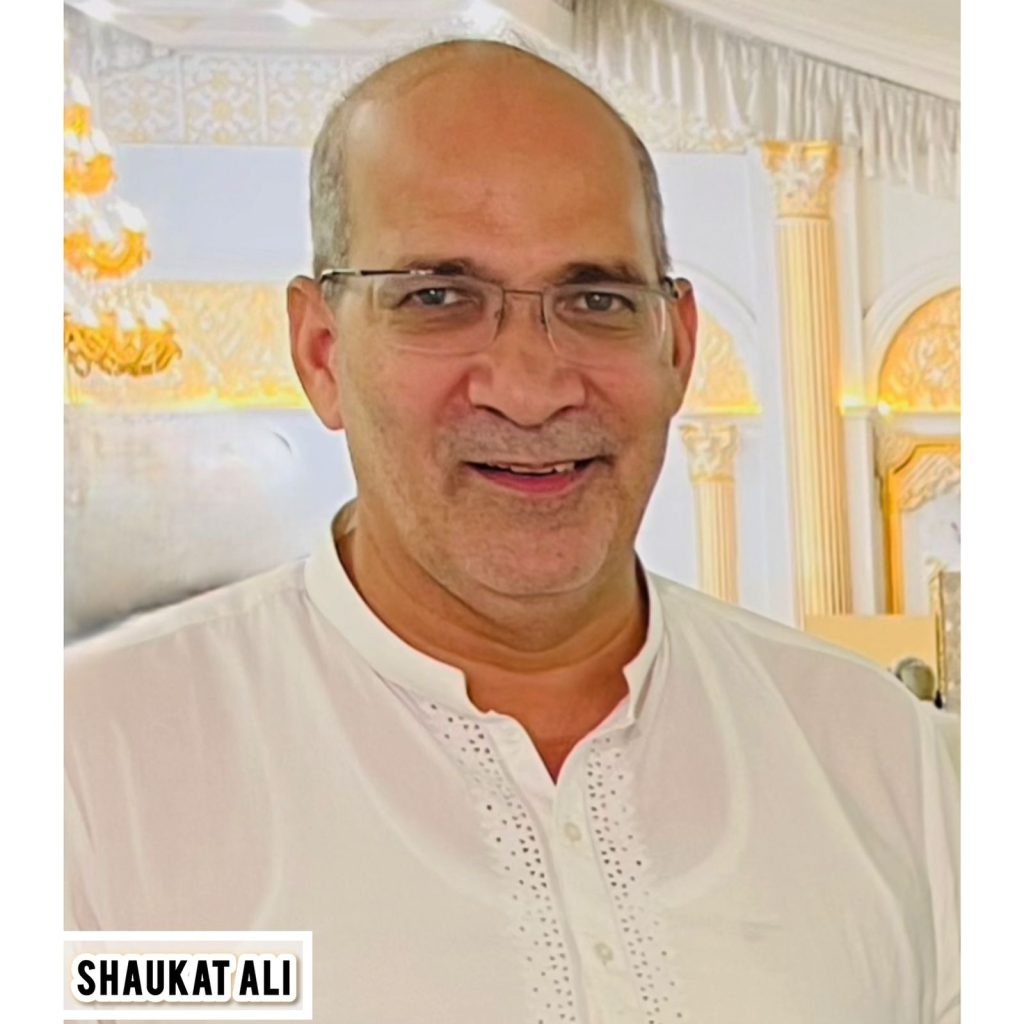In Remembrance of the Martyrs of Jammu — November 6, 1947
By: Shaukat Ali
On November 6, 1947, the land of Jammu was drenched in the blood of its own people. What began as a systematic campaign of terror soon turned into one of the most horrific episodes of ethnic cleansing in South Asian history by extremist Hindus— a tragedy that has been buried in silence for over seven decades. Yet, though the world has chosen to forget, the people of Jammu and Kashmir have not. Their grief, passed from one generation to the next, remains a living testimony to a genocide unacknowledged, a memory unforgotten.
The Tragedy of November 1947
In the chaotic months following the partition of British India, when borders were hastily drawn and identities were violently redefined, the Muslim population of Jammu became the target of a meticulously organized massacre of Hindus.Thousands of innocent men, women, and children were rounded up, driven from their homes, and executed in cold blood.
Historians estimate that more than 200,000 Muslims were killed, while hundreds of thousands more were forced to flee across the newly established border into Pakistan. Those fleeing were ambushed along the way — entire caravans annihilated. This was not a spontaneous outbreak of communal tension; it was a calculated attempt to change the demographic reality of Jammu and secure political advantage in the turbulent months leading up to the accession of the princely state to India.
The Silence of the World
What deepens the wound of Jammu’s tragedy is not only the scale of the violence but the deafening silence that followed. The global conscience that mourned the partition’s other horrors has, for the most part, overlooked the genocide in Jammu. No tribunal investigated it, no monument was built, and no government officially acknowledged the crime.
But for the Kashmiri people, silence has never meant forgetfulness. Every year, on November 6, they gather in prayer and remembrance — in homes, mosques, and community halls — to honor those who were slain. Their remembrance is not only an act of mourning but also one of defiance: a refusal to allow history to erase their suffering.
Memory as Resistance
Those who survived the massacre carried their stories with them as they crossed into Sialkot, Gujrat, and Rawalpindi. They built new lives out of loss, yet their memories remained vivid — spoken in whispers, preserved in family histories, and recited at every commemoration of Martyrs of Jammu Day.
For their descendants, remembering November 6 is both a duty and a declaration: that the truth, no matter how long suppressed, cannot be extinguished. Memory itself becomes resistance — a way of asserting identity against forces that sought to erase it.
The Moral Imperative of Acknowledgment
To recognize what happened in Jammu in 1947 is not to reopen old wounds, but to heal them through truth. Acknowledgment is the first step toward justice, and justice is the only foundation upon which peace can be built. The denial or distortion of such atrocities does not protect history — it corrupts it.
The world must understand that remembrance is not vengeance; it is the preservation of humanity’s moral compass. Forgetting such tragedies only paves the way for their repetition.
An Enduring Flame
Seventy-eight years have passed, but the memories of Jammu’s martyrs continue to burn bright in the collective soul of Kashmir. For every family that lost loved ones, for every village wiped off the map, remembrance remains sacred.
The story of Jammu’s genocide is more than a tale of loss — it is a testament to endurance. The people of Jammu and Kashmir have carried their pain with dignity, transforming it into a moral cry for truth and justice.
Though the genocide remains unacknowledged, its memory endures — in every heart that still beats for freedom, in every tear shed on Martyrs’ Day, and in every prayer whispered for the souls of the slain.
Their voices were silenced, but their memory speaks still.
It reminds the world that truth cannot be buried forever — and that even in the face of denial, a genocide unacknowledged remains a memory unforgotten.


